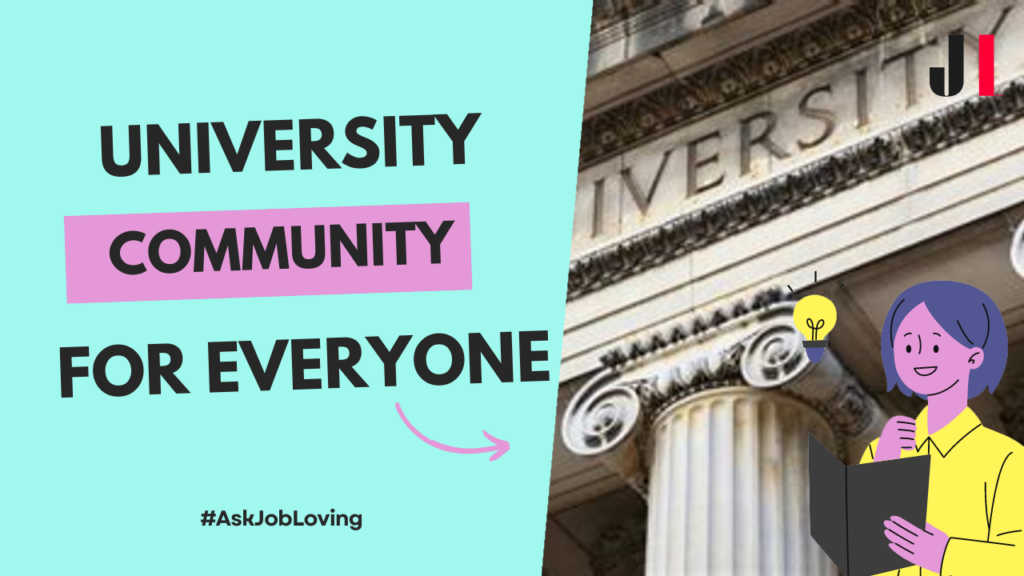How to Sue Columbia University
Suing a prestigious institution like Columbia University can seem daunting, but it doesn’t have to be. Whether it’s a dispute regarding tuition, fees, or perhaps an unjust expulsion, understanding the process is crucial. If you’re wondering how to sue Columbia University, you should first recognize that there are specific procedures in place, and various legal aspects to consider.
Before you even think about formally filing a lawsuit, it’s essential to know your grounds for suing. Many cases involve disputes related to financial matters such as tuition refunds or administrative fees — like those charged during the transition to remote learning in Spring 2020. If you feel you’ve been unfairly charged for services that were never rendered, this could be an area for litigation.
Understand Your Legal Standing
When considering how to sue Columbia University, it’s vital to have your facts in order. You retain the right to sue individually, but keep in mind that if you’re part of a class action lawsuit—like the one filed by Jewish students over campus safety issues—you might not receive a direct settlement unless you opt-out. Furthermore, suing based on psychological or physical harm can be tricky unless you’re employed by a subcontractor associated with the university. In these situations, legal grounds may vary significantly.
If your issue pertains to an expulsion or disciplinary action that you believed was unjust, it might benefit you to consult with an attorney experienced in educational law. Their expertise can provide insights on whether your case has merit and how best to proceed.
Gather Evidence and Documentation
No matter your reason for pursuing legal action against Columbia University, documentation will be your best friend. Collect everything—from emails and letters regarding your dispute to records of payments made. The more evidence you have, the stronger your case will be when you present it to an attorney or in court.
A detailed timeline of events leading up to your decision to sue will also be beneficial. This can help clarify the sequence of events and show why you believe legal action is necessary. If you believe that administrative services such as career counseling have been inadequate or unhelpful, make note of specific instances as well.
Conclusion
In conclusion, suing Columbia University is not unattainable but requires careful consideration and preparation. Whether it’s a financial dispute related to fees or an alleged violation of student rights, navigating the complexities of law can be challenging. Ensure you understand your legal standing, gather ample evidence, and consult with appropriate legal counsel before diving into litigation.
If you’re looking for more detailed assistance on how to sue Columbia University or simply need further help navigating this complex process, don’t hesitate to connect with us at the JobLoving community! We’re here to guide you every step of the way.

